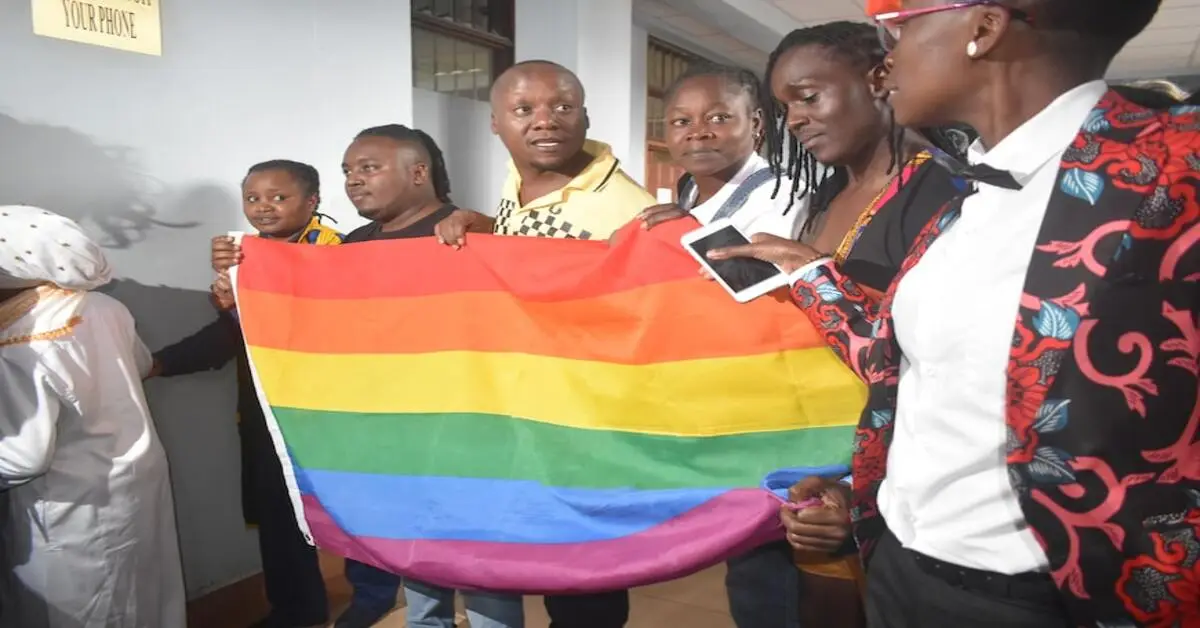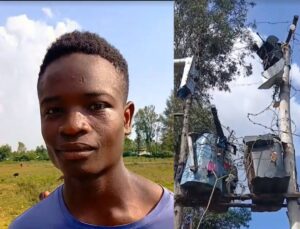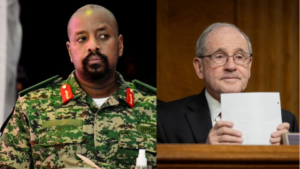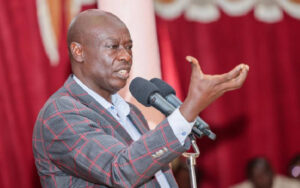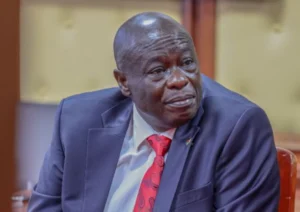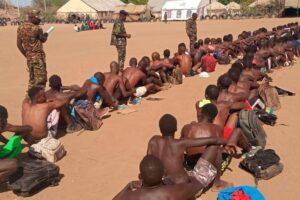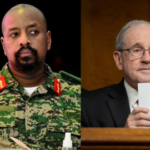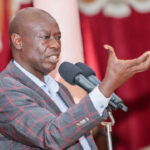The LGBTQ community in Kenya is in a celebratory mood after the Supreme Court gave a pass for the registration of their lobby group after 11 years of struggle.
The Supreme Court gave the ruling on Friday, February 24, against the government’s plea to have the group’s access to registering a lobby group denied. The activists have expressed joy and satisfaction concerning this directive, after more than a decade of fighting for identification through an LGBTQ organization.
Read also: US First Lady in Kenya for a three-day development mission
According to the Supreme Court, the NGO’s Coordination Board’s move to dismiss registration of the LGBTQ2+ organization is against human rights based on gender orientation.
The ruling made during a 5-judge bench sitting, three of the judges, that is deputy Chief Justice Philomena Mwilu, Justice Smokin Wanjala, and Justice Njoki Ndung’u voted that the NGO’s move to bar the registration of the group was discriminatory. According to the three judges, it was unconstitutional to limit the right of people to associate through refusal to register an association group.
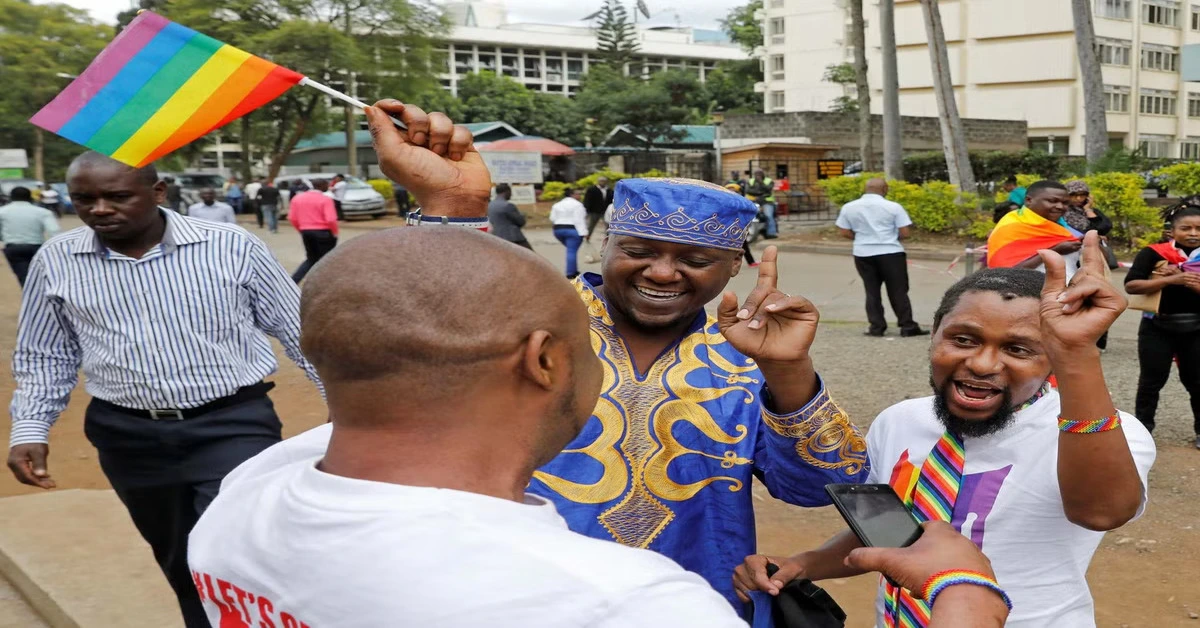
The legal struggle for recognition and identification began after one of the LGBTQ activists Eric Gitari sought to have a registered LGBTQ NGO, to which the coordination board declined his request, stating that certain sections of the penal code criminalize gay and lesbian partnerships.
Subscribe to Switch TV for more content
Justices William Ouko and Mohammed Ibrahim who were behind the decision to deny Eric’s request said that it was impossible to allow registration of an association that went against the law. They added that gay interactions were considered crimes in Kenya, punishable by imprisonment.
Read also: Nigeria decides 2023; Nigerians conduct their voting rights
Gitari had applied to the board in April 2012, seeking registration of the association while proposing six names for it. All of which the NGO coordination board declined, saying that the names proposed as well as the policies were offensive to the public policy and went against the penal code that was against any gay interactions.


